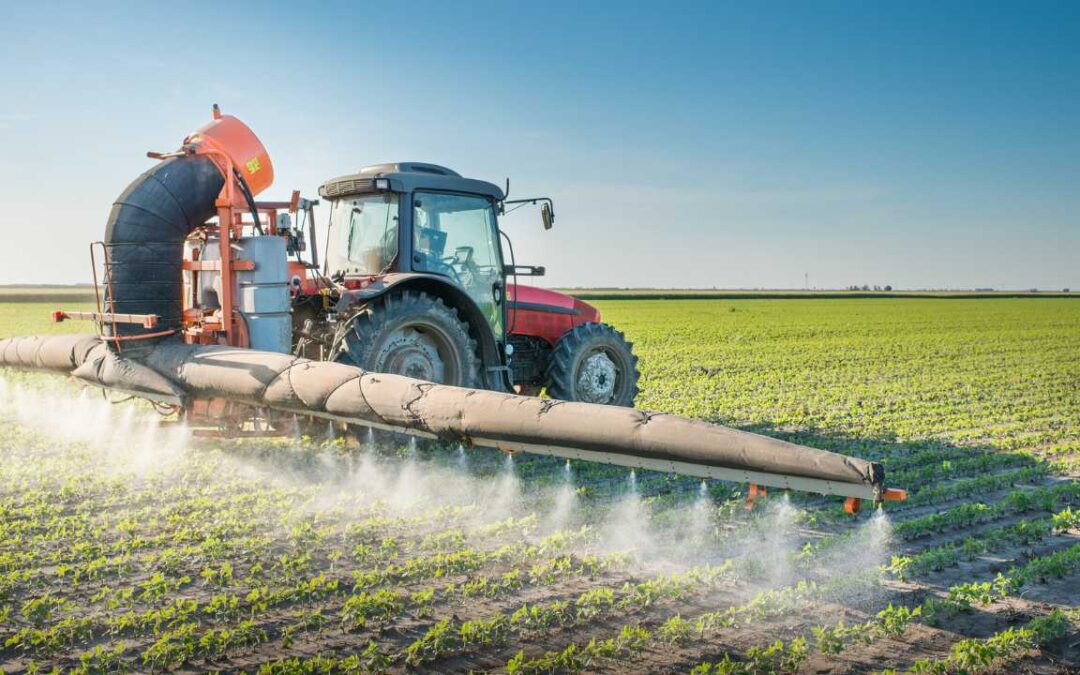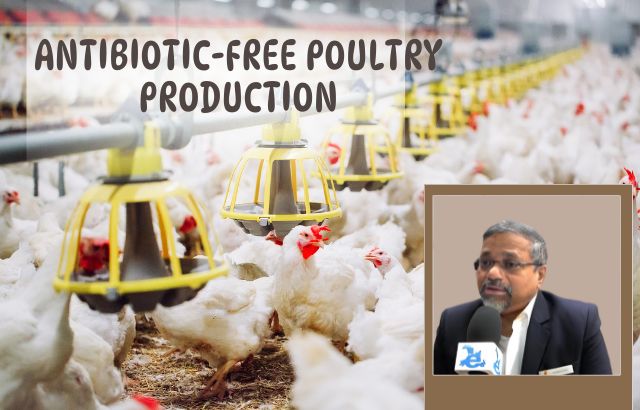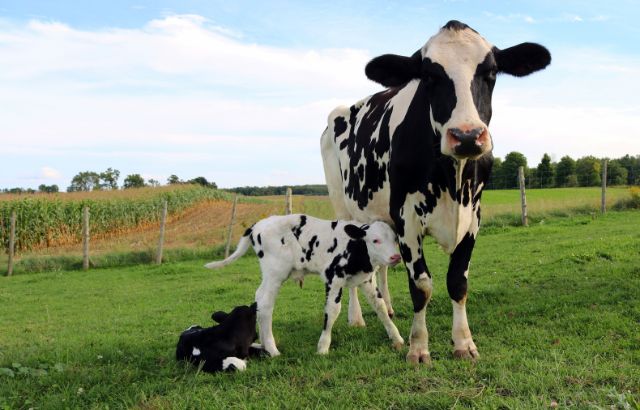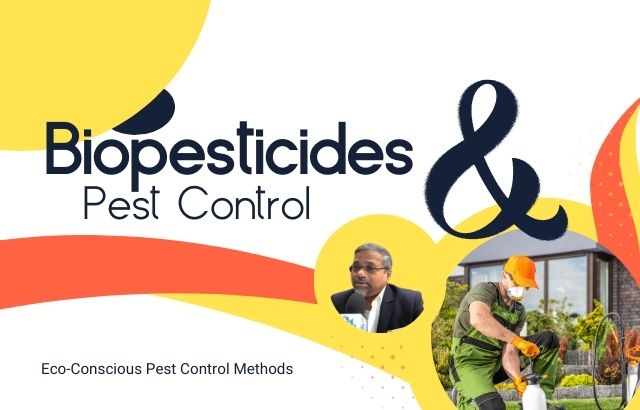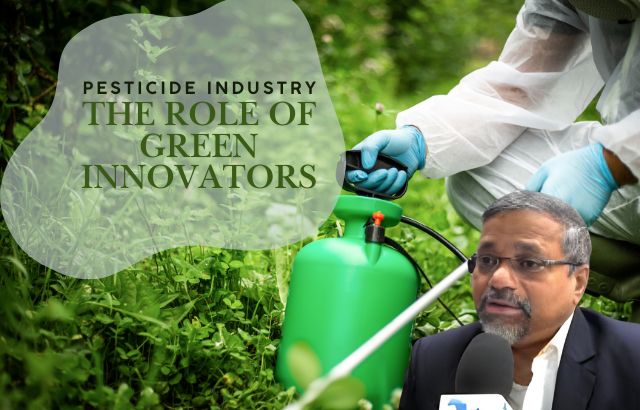In the rolling hills of a small countryside, two farms lay side by side. One, a traditional farm, employed conventional agricultural methods: synthetic fertilizers, chemical pesticides, and intensive irrigation. The other, an organic farm, embraced natural farming practices: crop rotations, composting, and natural pest control. As seasons passed, the differences between these two approaches became evident not only in the health of the soil and the vibrancy of the crops but also in their impact on the environment.
Farmers from both lands would meet occasionally, sharing stories of harvests and challenges. One day, the topic turned to the broader picture: climate change. The organic farmer, John, spoke of how his practices were not only yielding bountiful produce but also contributing to the fight against climate change. His neighbor, Sarah, curious yet skeptical, listened intently. John explained how organic agriculture holds promise for mitigating climate change, a claim backed by increasing scientific evidence and statistical data.
The Science Behind Organic Agriculture and Climate Change
Organic agriculture is more than just avoiding synthetic inputs; it’s about fostering an ecological balance that can help mitigate climate change. Here’s how:
- Soil Health and Carbon SequestrationHealthy soil is at the heart of organic farming. By avoiding synthetic fertilizers and using compost and manure, organic farms improve soil structure and increase its ability to store carbon. According to a study published in Nature Communications, organic soils can sequester up to 26% more carbon than conventional soils . This carbon sequestration is critical as it reduces the amount of CO2 in the atmosphere, helping to mitigate global warming.
- Reduced Greenhouse Gas EmissionsOrganic farming methods generally result in lower greenhouse gas emissions compared to conventional farming. The Rodale Institute’s long-term Farming Systems Trial found that organic systems can reduce emissions by up to 40% . This reduction is primarily due to the avoidance of synthetic fertilizers, which are responsible for significant nitrous oxide emissions, a potent greenhouse gas.
- Energy EfficiencyOrganic farms typically use less energy than conventional farms. The use of natural fertilizers and pest control methods reduces the dependency on energy-intensive synthetic chemicals. Studies have shown that organic farming can use up to 45% less energy per unit of crop compared to conventional farming .
- Biodiversity and Ecosystem ServicesOrganic farming supports biodiversity, which is crucial for resilient ecosystems. Diverse plant and animal species help to create systems that are better at sequestering carbon and are more resistant to the impacts of climate change. A meta-analysis in the journal Agriculture, Ecosystems & Environment found that organic farms host 30% more biodiversity than their conventional counterparts .
Case Studies and Global Impact
Countries worldwide are recognizing the potential of organic farming in combating climate change. In Bhutan, the government aims to make the entire country organic, envisioning agriculture that contributes to climate resilience while improving food security . Similarly, in the European Union, policies are increasingly supportive of organic practices, acknowledging their role in sustainable development and climate action.
Challenges and Future Directions
While organic agriculture offers significant benefits for climate change mitigation, it is not without challenges. Transitioning from conventional to organic farming can be difficult and costly. However, with proper support and incentives, these challenges can be overcome. Governments and organizations need to provide education, resources, and financial aid to farmers willing to make the switch.
Investing in research is also critical. Innovations in organic farming techniques can further enhance its efficiency and impact. Integrating modern technology with traditional practices could unlock new potentials for carbon sequestration and emission reductions.
Frequently Asked Questions Jaiguru’s Insights

What is the role of organic agriculture in climate change mitigation?
Answer: Organic agriculture reduces greenhouse gas emissions, enhances carbon sequestration in soil, and promotes biodiversity, contributing to climate change mitigation.
How does organic farming enhance soil carbon sequestration?
Answer: Organic farming practices, such as crop rotation and composting, improve soil health and increase the soil’s ability to store carbon, thereby mitigating climate change.
What are the environmental benefits of organic agriculture?
Answer: Organic agriculture reduces pollution, conserves water, improves soil fertility, and promotes biodiversity, all of which contribute to a more sustainable environment.
Can organic agriculture feed the world sustainably?
Answer: While organic agriculture can play a significant role in sustainable food production, it requires supportive policies, investment in research, and integrated farming systems to meet global food demands.
How can consumers support organic agriculture and climate change mitigation?
Answer: Consumers can support organic agriculture by choosing organic products, advocating for sustainable farming policies, and reducing food waste to mitigate climate change.
Quotes
Organic Agriculture and Climate Change Mitigation

1. “Organic agriculture is a key player in mitigating climate change.”
2. “Sustainable farming practices enhance soil carbon sequestration.”
3. “Organic farming reduces greenhouse gas emissions.”
4. “Biodiversity in organic farms supports ecosystem resilience.”
5. “Consumers play a vital role in supporting organic agriculture.”
Conclusion: Growing a Greener Tomorrow
As John and Sarah stood on the hill overlooking their farms, Sarah began to see the potential of organic agriculture. The data and stories John shared painted a picture of a farming practice that not only nurtures the land but also plays a crucial role in the global fight against climate change. By embracing organic farming, farmers around the world can cultivate a sustainable future, ensuring that the earth remains fertile and vibrant for generations to come.
About The Author – Jaiguru Kadam

Jaiguru Kadam is a dedicated advocate for sustainable agriculture and climate action. With extensive experience in organic farming practices and environmental conservation, Jaiguru brings a unique blend of scientific knowledge and practical expertise to his work. He is passionate about educating others on the importance of organic agriculture in mitigating climate change and fostering a sustainable future. Through his writing and community engagements, Jaiguru aims to inspire positive change and support the global transition to sustainable farming systems.

